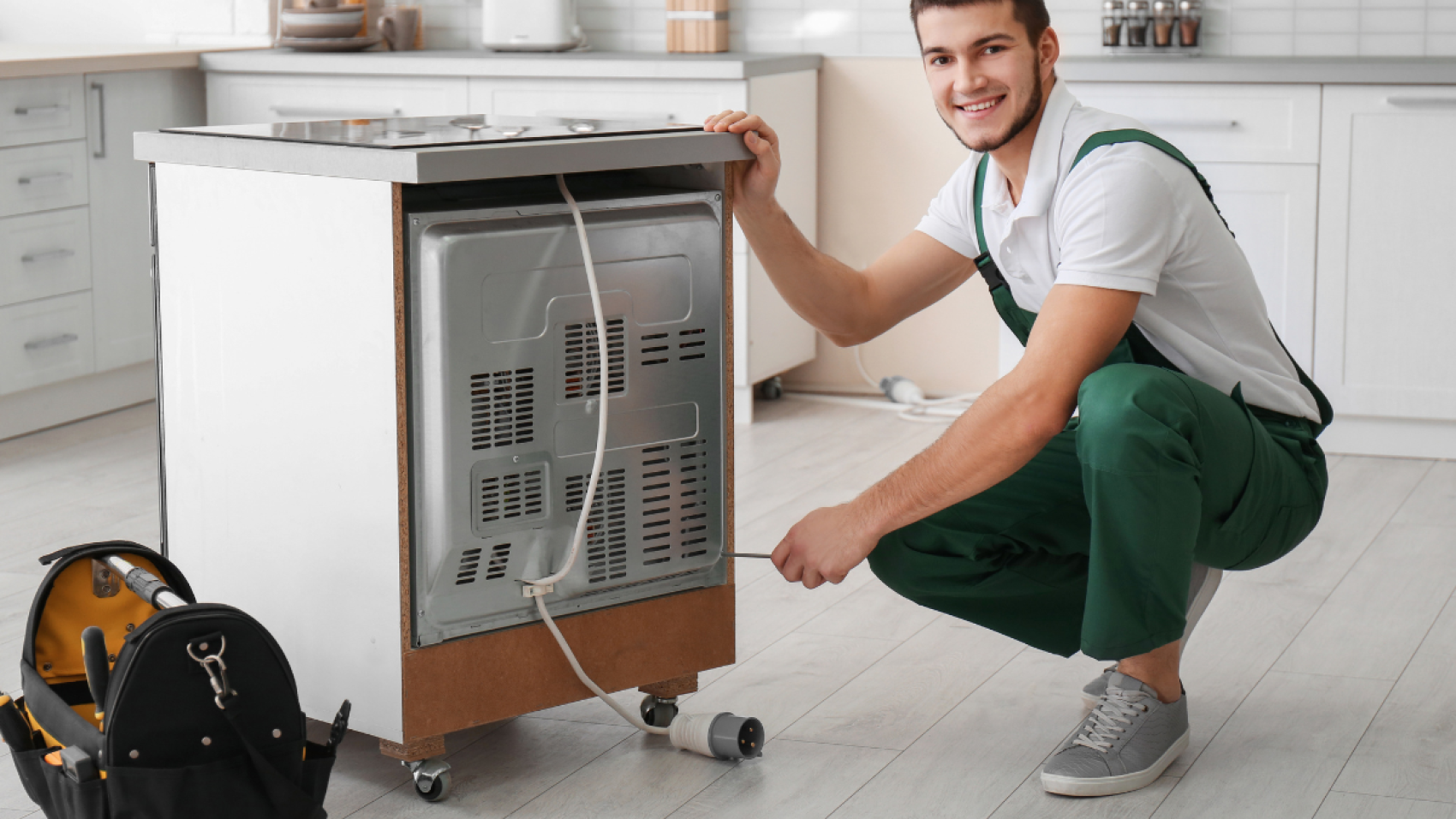Appliance Care and Maintenance Tips: Why It’s Important to Have Your Appliances Serviced Regularly for Safety and Quality Reasons
As homeowners, we rely heavily on our appliances to help us complete everyday tasks. Whether it’s cooking meals, washing clothes, or storing food, our appliances make our lives much easier. However, these machines are not invincible, and they can wear out over time. To ensure their safety and quality, it’s important to have them serviced regularly. In this article, we will discuss why it’s important to have your appliances serviced regularly and how it can benefit you in the long run.
Importance of Regular Appliance Servicing
Ensures Safety
One of the primary reasons to have your appliances serviced regularly is to ensure your safety. Appliances such as gas stoves, water heaters, and dryers can pose a significant risk if not maintained properly. Regular servicing can help detect issues before they turn into a hazard, giving you peace of mind that your appliances are in good working order.
Improves Efficiency
Regular servicing can help improve the efficiency of your appliances. When appliances are not serviced, they can become clogged with dirt, debris, and other particles. This can cause them to work harder, which can lead to higher energy bills. By having your appliances serviced regularly, you can keep them running at optimal levels and save money on your energy bills.
Extends Lifespan
Another benefit of regular appliance servicing is that it can help extend the lifespan of your appliances. Appliances that are well-maintained can last much longer than those that are not. Regular servicing can help prevent breakdowns and reduce the need for costly repairs, which can ultimately extend the lifespan of your appliances.
When Should You Have Your Appliances Serviced?
Refrigerator
Refrigerators should be serviced every year to ensure they are working efficiently. The coils should be cleaned to remove any dirt or debris, and the thermostat should be checked to ensure it’s working correctly.
Oven
Ovens should be serviced every two years to ensure they are in good working order. This can include cleaning the burners and inspecting the heating elements for any signs of wear and tear.
Dishwasher
Dishwashers should be serviced every year to ensure they are working correctly. This can include cleaning the spray arms and checking the water inlet valve for any signs of wear and tear.
Washing Machine
Washing machines should be serviced every two years to ensure they are in good working order. This can include cleaning the lint trap and checking the hoses for any signs of wear and tear.
Dryer
Dryers should be serviced every year to ensure they are working correctly. This can include cleaning the lint trap and inspecting the dryer vent for any signs of wear and tear.
DIY Maintenance Tips
Keep Your Appliances Clean
One of the simplest things you can do to keep your appliances in good working order is to keep them clean. Regularly wiping them down and removing any dirt or debris can go a long way in preventing breakdowns.
Check the Hoses and Connections
It’s essential to check the hoses and connections on your appliances regularly. This can help prevent leaks and other issues that can cause damage to your home.
Read the User Manual
Another way to keep your appliances in good working order is to read the user manual. This can provide valuable information on how to operate your appliances correctly and what steps to take to maintain them.
Conclusion
Having your appliances serviced regularly is essential for safety and quality reasons. It can help ensure your appliances are working correctly, improve efficiency, and extend their lifespan. By following the recommended service schedules and performing regular maintenance tasks, you can keep your appliances in good working order and avoid costly repairs.
FAQs
- What appliances should be serviced regularly?
Several appliances in your home should be serviced regularly to ensure they are in good working order, such as refrigerators, ovens, dishwashers, washing machines, and dryers.
- How often should appliances be serviced?
The frequency of servicing depends on the type of appliance. For instance, refrigerators and dryers should be serviced annually, while ovens and washing machines can be serviced every two years.
- Can I service my appliances myself?
Yes, there are some maintenance tasks you can do yourself, such as keeping the appliances clean and checking the hoses and connections. However, for more complex tasks, it’s best to hire a professional to avoid any potential safety hazards.
- Can regular appliance servicing save me money?
Yes, regular appliance servicing can help you save money in the long run by improving efficiency, preventing breakdowns, and extending the lifespan of your appliances.
- How can I find a reputable appliance servicing company?
You can find a reputable appliance servicing company by checking online reviews, asking for recommendations from friends and family, and verifying their license and certification status.
- What are the safety risks of neglecting appliance servicing?
Neglecting appliance servicing can pose serious safety risks, such as electrical fires, gas leaks, and carbon monoxide poisoning. These risks can be avoided by having your appliances regularly serviced by a professional.
- How can regular appliance servicing improve quality?
Regular appliance servicing can improve the quality of your appliances by ensuring they are functioning properly and efficiently. This can help prevent issues such as uneven heating, leaks, and breakdowns.
- What are some signs that an appliance needs servicing?
Some signs that an appliance needs servicing include strange noises, unusual odors, uneven cooking or washing results, and leaks or drips. If you notice any of these signs, it’s important to have your appliance serviced as soon as possible.
- Can regular appliance servicing improve energy efficiency?
Yes, regular appliance servicing can improve energy efficiency by ensuring your appliances are running at their optimal level. This can help you save money on your energy bills and reduce your carbon footprint.
- How much does appliance servicing typically cost?
The cost of appliance servicing can vary depending on the type of appliance and the level of service required. However, the cost is typically much lower than the cost of repairing or replacing a broken appliance. Additionally, many companies offer service contracts or maintenance plans that can help you save money in the long run.


